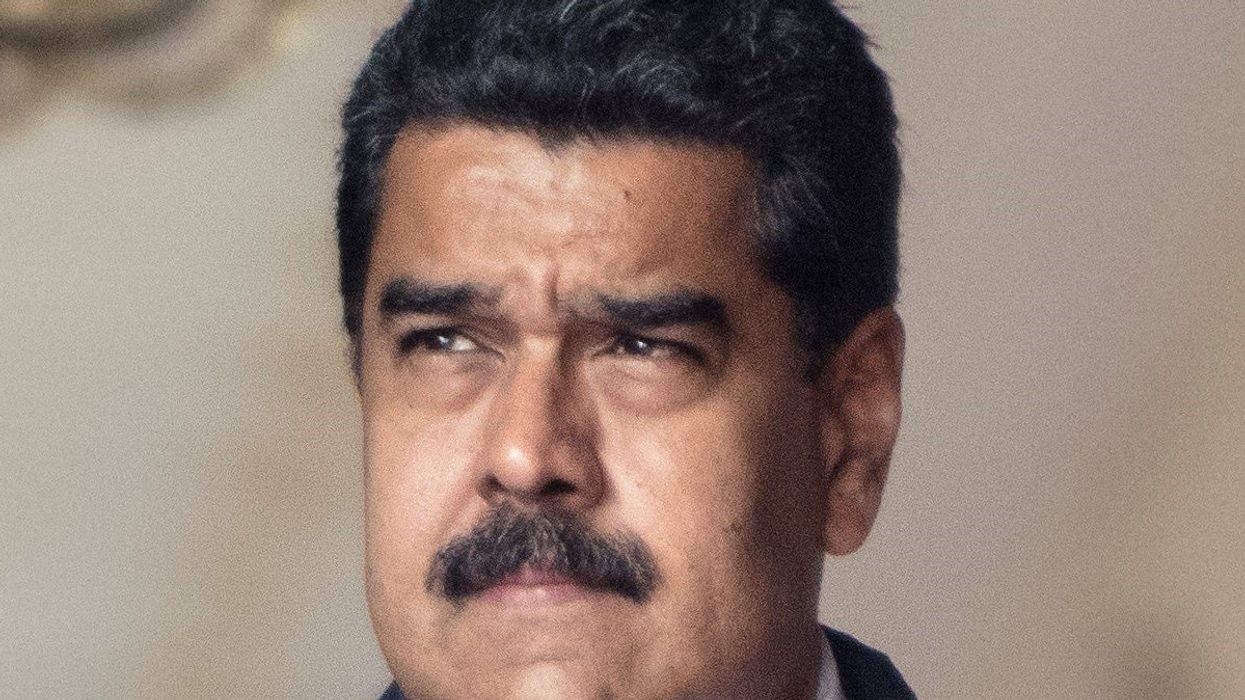In a dramatic escalation of U.S. pressure on Venezuela, President Donald Trump has doubled the reward for information leading to the arrest of Venezuelan President Nicolás Maduro—from $25 million to a staggering $50 million. The move, announced by Attorney General Pam Bondi, positions Maduro among the most-wanted fugitives in the world and intensifies Washington’s campaign to hold him accountable for alleged narco-terrorism.
“Under President Trump’s leadership, Maduro will not escape justice and he will be held accountable for his despicable crimes,” Attorney General Pam Bondi said Thursday. Bondi described Maduro as “one of the largest narco-traffickers in the world,” citing his alleged ties to criminal organizations like Tren de Aragua, the Sinaloa cartel, and Cartel de los Soles.
The $50 million reward is now one of the highest ever offered by the U.S. government, rivaling the bounty once placed on Osama bin Laden. U.S. authorities claim Maduro has helped flood American communities with fentanyl-laced cocaine, contributing to the opioid crisis and widespread violence.
Maduro was first indicted in 2020 on charges including conspiracy to import cocaine, narco-terrorism, and possession of destructive devices. The Justice Department has seized over $700 million in assets linked to Maduro and his associates, including private jets and drug shipments totaling nearly 30 tons.
Venezuelan Foreign Minister Yvan Gil released a statement characterizing the reward as “pathetic” and accusing Bondi of orchestrating a “crude political propaganda operation.” “We’re not surprised, coming from whom it comes from."
The announcement comes just weeks after Maduro claimed victory in Venezuela’s disputed July 2024 presidential election—a result not recognized by the U.S. or several international observers. The Trump administration has instead backed opposition leader Edmundo González as the legitimate president of Venezuela.
The reward increase coincides with broader U.S. efforts to designate Latin American cartels as foreign terrorist organizations, opening the door to military and intelligence operations against them. Trump’s team has framed the move as part of a larger crackdown on transnational threats, linking Maduro’s regime to drug trafficking, repression, and regional instability.
Trump has directed U.S. military officials to initiate operations targeting drug cartels, marking a significant escalation in his anti-narcotics strategy. The bold directive has sparked diplomatic tensions, with Mexican President Claudia Sheinbaum firmly rejecting the possibility of U.S. forces entering Mexican territory.
Sources told the New York Times that Pentagon officials have begun reviewing strategies to target the criminal organizations, potentially paving the way for military operations both offshore and on foreign territory.
What Comes Next?
While such bounties rarely result in immediate arrests, they are designed to incentivize insiders to defect or provide actionable intelligence. Maduro remains entrenched in Caracas, protected by loyal military forces and backed by allies like Russia and Iran. Analysts say the reward could deepen Venezuela’s isolation and increase pressure on Maduro’s inner circle, especially amid economic collapse and growing dissent.
This latest maneuver underscores Trump’s hardline stance on foreign regimes and signals a renewed push to confront what his administration calls “narco-dictatorships.” Whether it leads to Maduro’s capture or further geopolitical friction remains to be seen.
Hugo Balta is the executive editor of the Fulcrum. and the publisher of the Latino News Network. Balta is the only person to serve twice as president of the National Association of Hispanic Journalists (NAHJ).





















